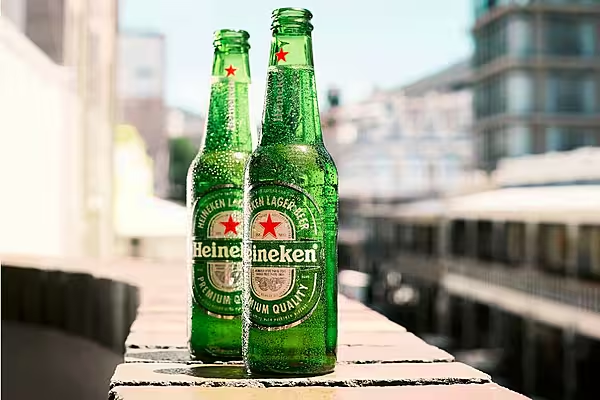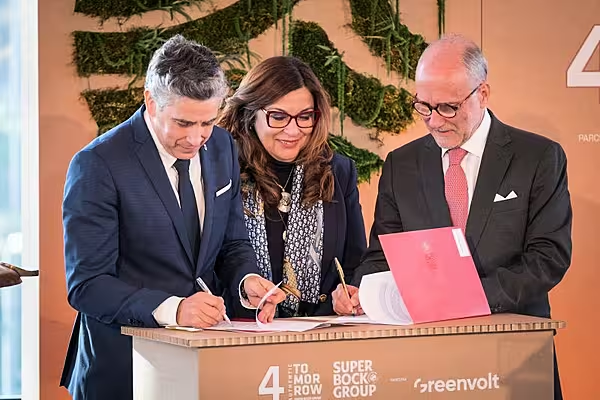Heineken contributed €4.84 billion to the Spanish economy in 2023, equating to 0.3% of the national GDP, a new report prepared by PwC for Heineken España has found.
The brewing giant, which counts brands such as Heineken, Cruzcampo, Amstel and El Águila in its portfolio, said that for every euro generated by its business, it contributes €11 to the country's economy as a whole.
A Major Market
Heineken has had a presence in Spain for more than 120 years, and the market is its second largest in Europe and sixth largest in the world. Some 98% of the beer and cider that it sells in Spain is produced in the country, in its factories in Madrid, Seville, Valencia and Jaén.
Over the past three years, Heineken has invested close to €190 million in fixed assets in the Spanish market, and €30 million in sustainability and social action initiatives, as well as boosting the competitiveness of the hospitality sector by more than €700 million, it noted.
'Innovation And Sustainability'
"At Heineken España we are proud to be able to contribute to the national and local economy in those places where we have a presence by focusing on innovation and sustainability," commented Etienne Strijp, president of Heineken España.
"We are part of the lives of the Spanish people and we are excited to continue working together to build a more prosperous world for all.”
In terms of employment, Heineken España's activities supported over 85,000 jobs, it added, which account for 0.4% of national employment. Approximately 70% of these jobs are linked to the food and hospitality sectors, while the company also emphasises youth employability and talent development through its Cruzcampo Foundation.
On sustainability, Heineken España added that as of the end of 2023, some 51% of its energy mix, including 100% of its electricity, came from renewable sources, while it reduced its carbon footprint in production by 43% and certified all its factories as zero waste to landfill.











